The question, “are introverts smart” has sparked considerable curiosity and debate. Believers argue that their preference for solitude often leads to focused, thoughtful work. Which is why so many of them excel in areas involving deep thinking and creativity. However, is this perception grounded in fact or fiction?
While there are many myths and misconceptions about introverts, there just might be some truth to the absurd claim that introverts are smarter than extroverts. Let’s dig in.
Are introverts smarter than others?
Introversion is a personality trait that is characterized by a focus on one’s internal thoughts and feelings, a preference for solitude over social interaction, and a tendency to be quiet and reserved.
On the other hand, intelligence is a complex construct that encompasses a range of cognitive abilities, including reasoning, problem-solving, and creativity.
Now that we have cleared it out, let’s explore the answer to the questions-
Are introverts intelligent?
Are introverts smarter than extroverts?
There is a positive correlation between introversion and intelligence. Researchers have found that introverts tend to score higher on measures of verbal intelligence, such as vocabulary and comprehension. They also tend to perform better on tasks that require sustained attention and concentration.
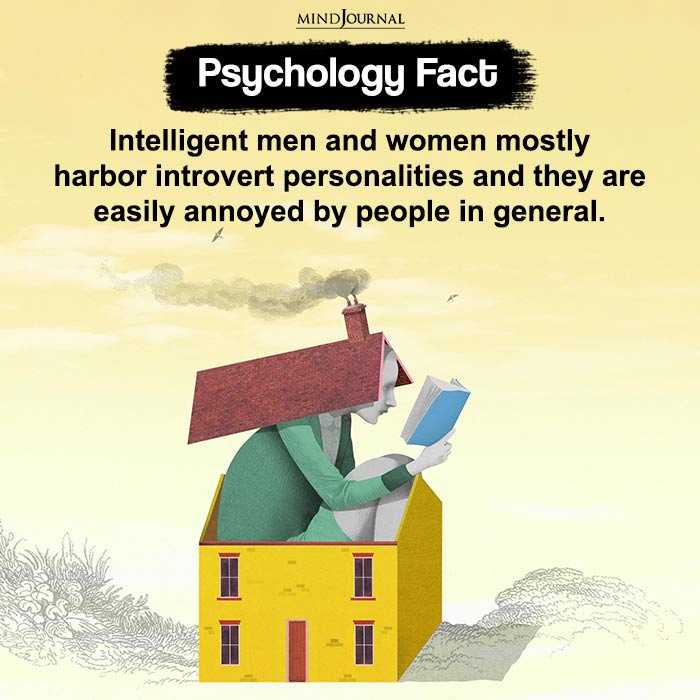
It has also been observed that introverts often have strong analytical skills, are highly reflective, and are able to think deeply about complex problems. These traits are often associated with high intelligence.
Related: 6 Characteristics Of Highly Intelligent People According To Science
Introverts also tend to engage in solitary activities that promote intellectual development, such as reading and writing. This can lead to a greater accumulation of knowledge and a stronger intellectual foundation.
They also spend more time in introspection and reflection, which allows them to process information more deeply and thoughtfully. This tendency towards reflection may also make introverts better listeners, which can help them to absorb and process information more effectively.
While not all introverts are necessarily highly intelligent, there is evidence to suggest that introversion and intelligence are often linked. But why? Let’s understand why introverts are intelligent, if at all they are in comparison to extroverts.
Solitude and smartness
So are introverts intelligent? Probably.
It is a well-known fact that introverts have a greater preference for solitude than extroverts. In fact, researchers have found that an “introvert is someone who is reserved and inhibited, so it is reasonable that they would prefer being alone to being in social interactions.” But does this tendency have anything to do with their intelligence?
Well, while not all introverts are necessarily intelligent, there is evidence to suggest that introversion and intelligence are often closely linked. Studies have revealed that people who prefer solitude and love to spend time alone tend to have a higher IQ and may have higher intelligence.

It has been observed that the more someone interacts with others, spends time with friends and socializes, the more likely they are to experience life satisfaction. But as introverts tend to avoid socialization and prefer their alone time more, does it mean they are less satisfied in life? And what does that have to do with intelligence?
Related: Embracing Solitude: Exploring Why Intelligent People Prefer to Be Alone
Well, according to a 2016 study, the main associations of life satisfaction with socialization with friends “significantly interact with intelligence,” and, the main association of socialization “is reversed among the extremely intelligent.” The researchers explain that “More intelligent individuals experience lower life satisfaction with more frequent socialization with friends.”
That sounds exactly like what an introvert might feel when they are forced to socialize and attend social gatherings. An intelligent introvert will feel less happy and satisfied in life when they cannot manage time for solitude and a lot of their day is spent around friends. Socialization affects their ability to feel happy due to their high IQ levels.
This notion is based on the savanna theory of happiness, which shows that apart from our current consequences of a given situation, our ancestral consequences may also impact our life satisfaction. This “explains why such influences of ancestral consequences might interact with intelligence,” according to the researchers.
So while our hunter-gatherer ancestors may have felt dissatisfied when isolated and preferred socialization, intelligent individuals do not follow this pattern. Intelligent individuals tend to be more adaptable in environments that may seem uncomfortable to others, such as solitude and isolation.
Understanding this association can help us figure out the answer to the question – “Are introverts intelligent?”
Related: Are Intelligent People Sad? 8 Reasons Why Intelligent People Stay Unhappy
Night owls are more intelligent
Most introverts tend to find peace, satisfaction and happiness in the solitude and calmness of the night. As they become overstimulated easily by loud sounds, strong lights and crowds, they may prefer to study or work on projects at night as the level of external stimulation is reduced.
However, as extroverts prefer socialization during daytime and are frequently exposed to social environments, they are more likely to fall asleep at night as they will be “more vulnerable to subsequent sleep deprivation than were introverts.” And this can also be a crucial factor when trying to answer the question “Are introverts intelligent?”
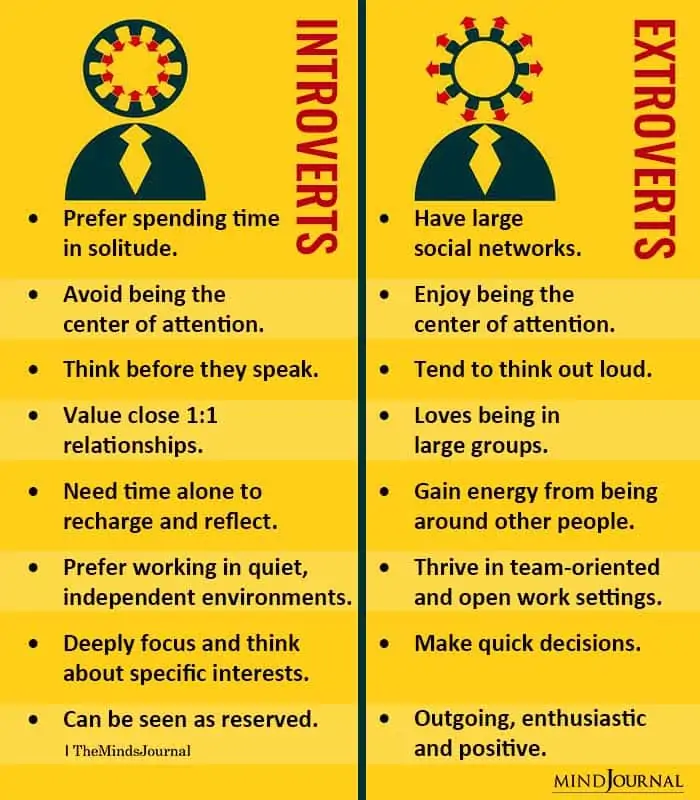
According to the savanna theory of happiness, things that made our ancestors happy may still have an evolutionary effect and make us happy to this day. Similarly, things that made our hunter-gatherer ancestors less happier may still make us upset. As “general intelligence evolved to solve evolutionarily novel problems,” this connection and pattern may be strongly observed in “less intelligent individuals.”
“Because humans are a diurnal species that cannot see in the dark, darkness always represented danger to our ancestors and may still decrease our happiness today,” explains a study. Although exposure to sunlight is still closely related to happiness, this relation tends to be “significantly weaker among more intelligent individuals.”
Related: Why Highly Intelligent People Tend To Be Unhappy
As a highly intelligent introvert tends to be a night owl, prefer the solitude of the night and avoid socializing during daytime, this may indicate that such introverts are indeed smarter than extroverted individuals.
Is introversion synonymous with intelligence?
Are introverts intelligent? Ummm… yes and no.
While introversion and intelligence are often linked, this doesn’t necessarily mean that all introverted individuals are highly intelligent. Although introverts may have certain traits that are associated with high intelligence, such as a preference for solitude, staying awake at night and introspection, there is no guarantee that introversion will lead to high intelligence.
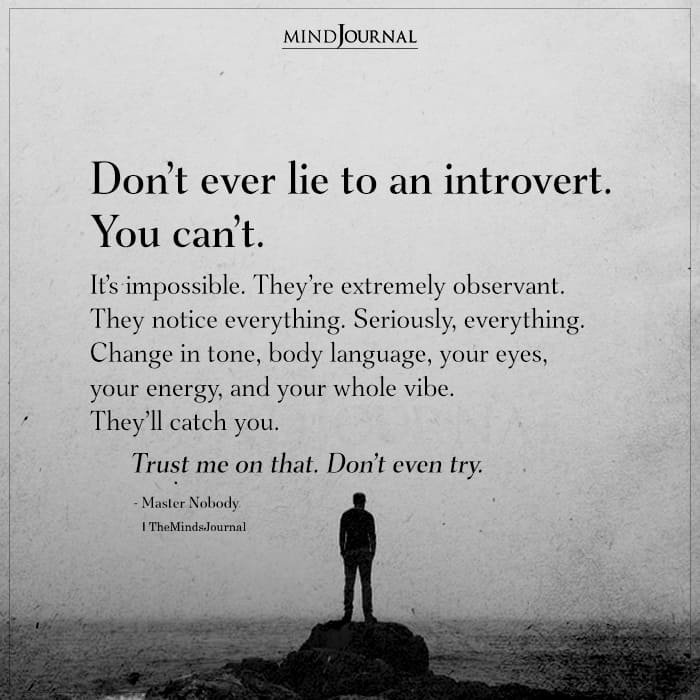
Therefore, it’s important to avoid making assumptions about an individual’s intelligence based on their personality traits or behavior. Just because someone is introverted doesn’t mean they are highly intelligent, and just because someone is extroverted doesn’t mean they are less intelligent.
Related: 7 Reasons Why People Who Talk Less Are Smarter And More Interesting
Intelligence is a complex construct that encompasses many different abilities, and introversion is just one personality trait that may be associated with high intelligence.
It’s also important to recognize that there are many factors that contribute to an individual’s intelligence, including genetics, upbringing, and environmental factors. Being introverted does not guarantee high intelligence, but it does mean that some introverts are likely to have a higher level of intelligence.
So, do you have an intelligent introvert personality? Do you believe you have above-average intelligence? Let us know in the comments below.
Related: 13 Habits Of Highly Intelligent People That Make Them Truly Unique
Frequently Asked Questions (FAQs):
Are introverts mentally strong?
Yes, introverts can be mentally strong. They often have strong focus, deep thinking skills, and resilience in challenging situations.
Is introversion a weakness?
No, introversion is not a weakness. It’s a personality trait that comes with strengths like deep thinking, creativity, and good focus.
Do all introverts have high IQ?
No, not all introverts have high IQ. IQ levels vary among individuals regardless of their personality type. However, statistics show that around 70% of gifted people are introverts.
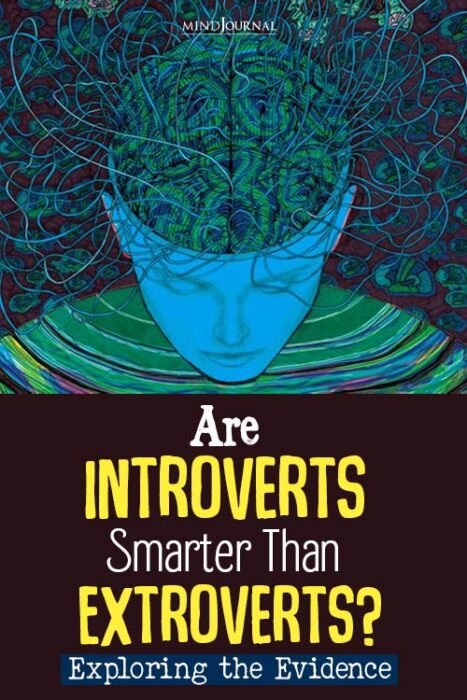
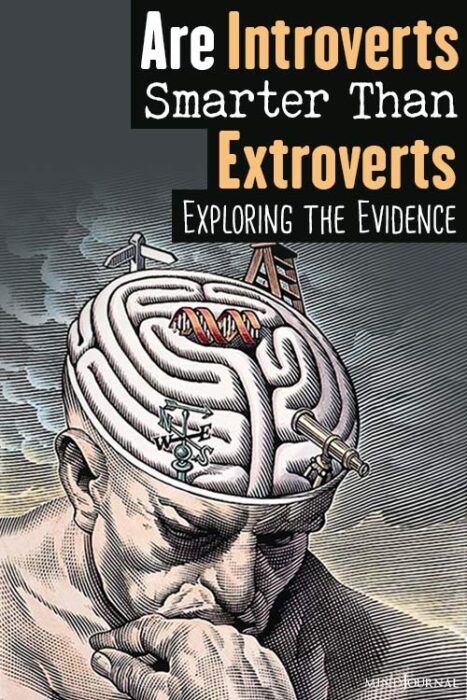


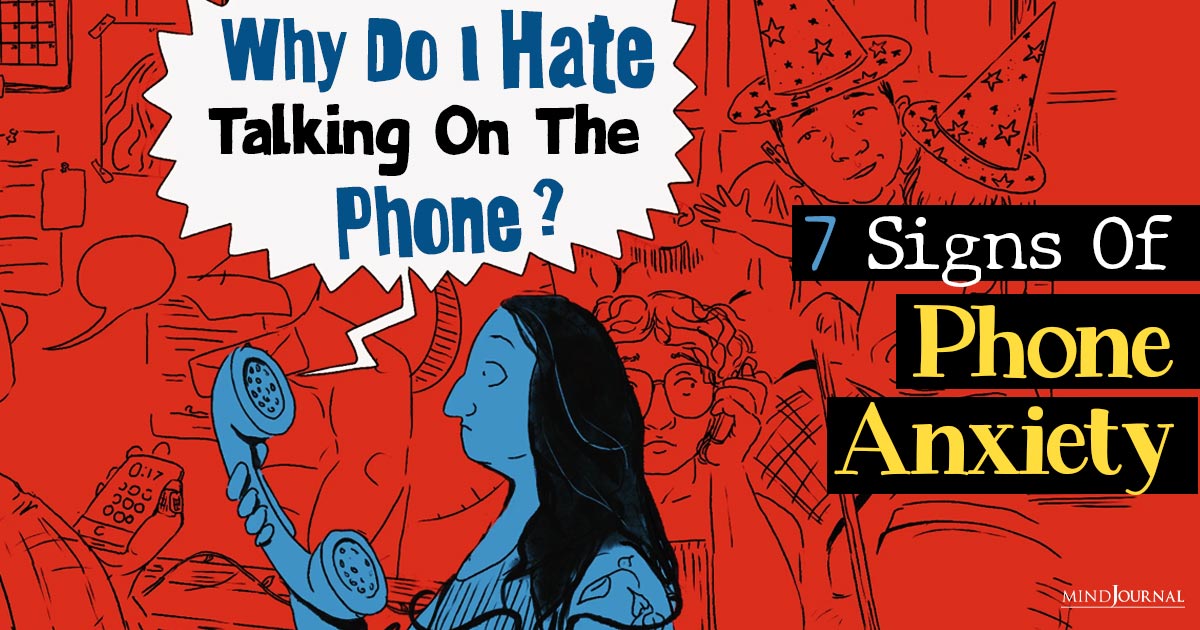

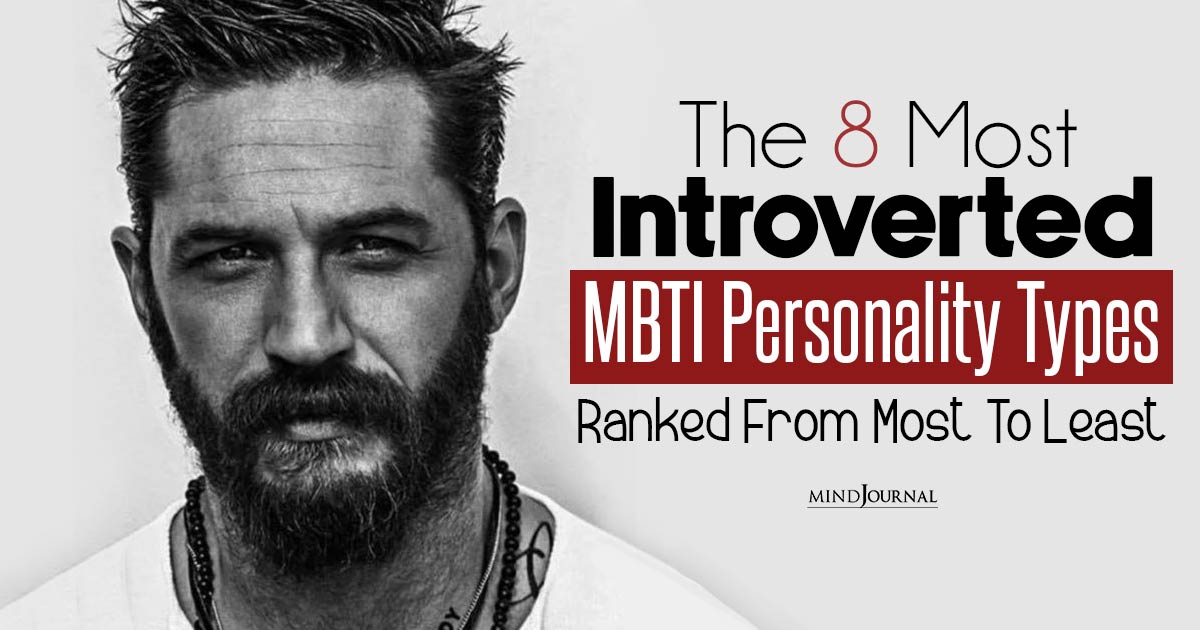
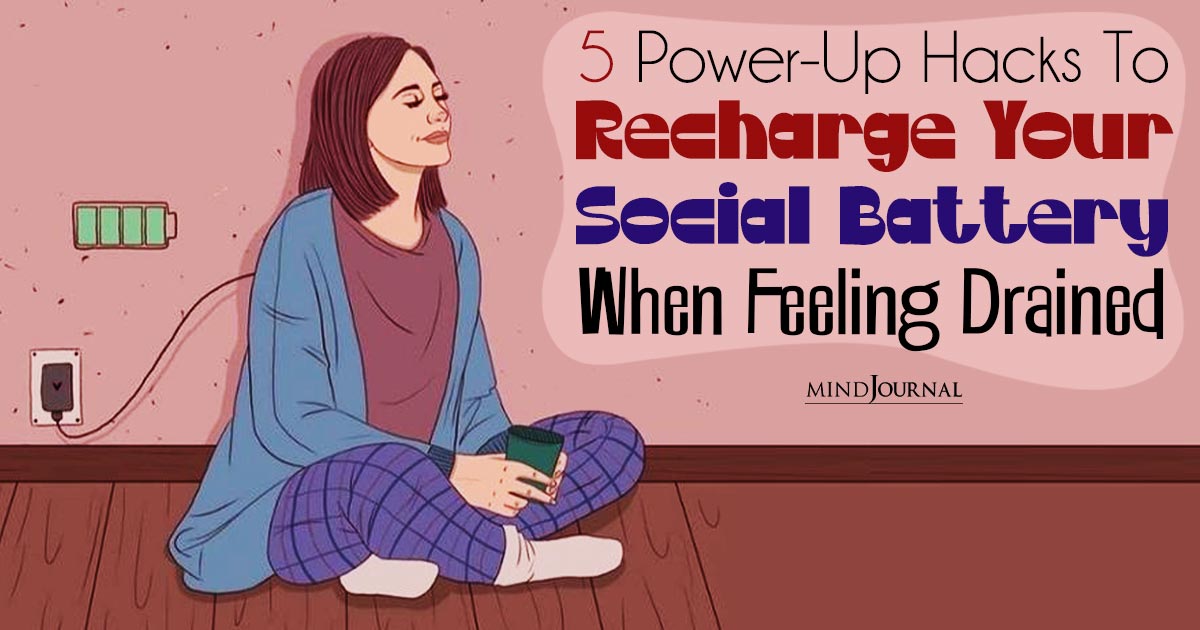


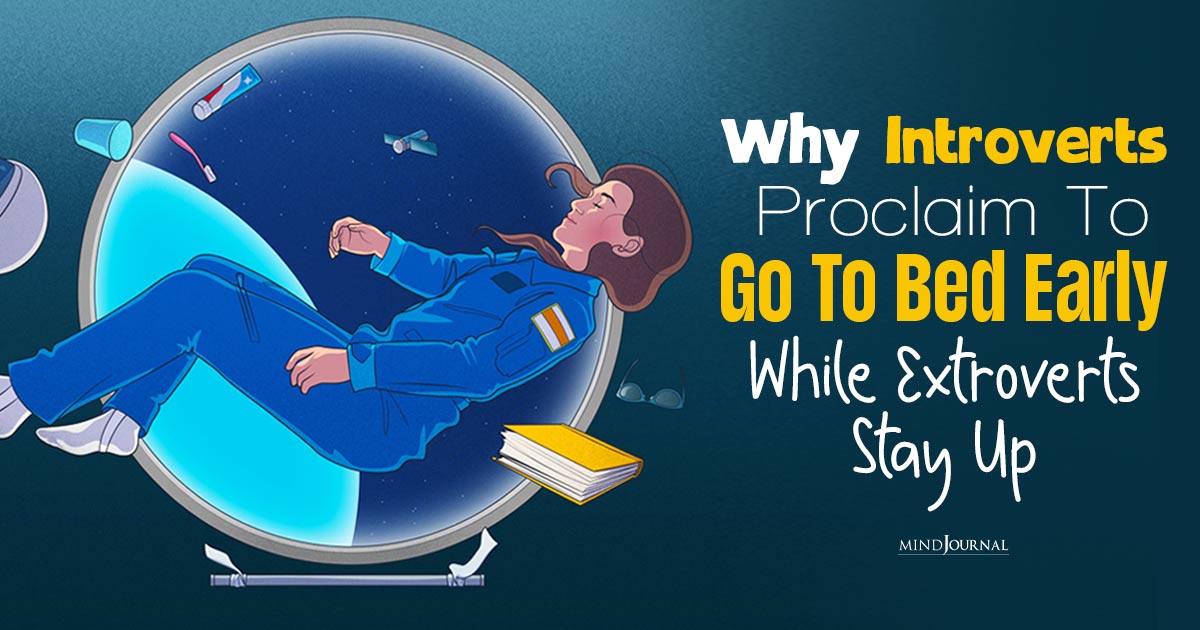
Leave a Reply
You must be logged in to post a comment.